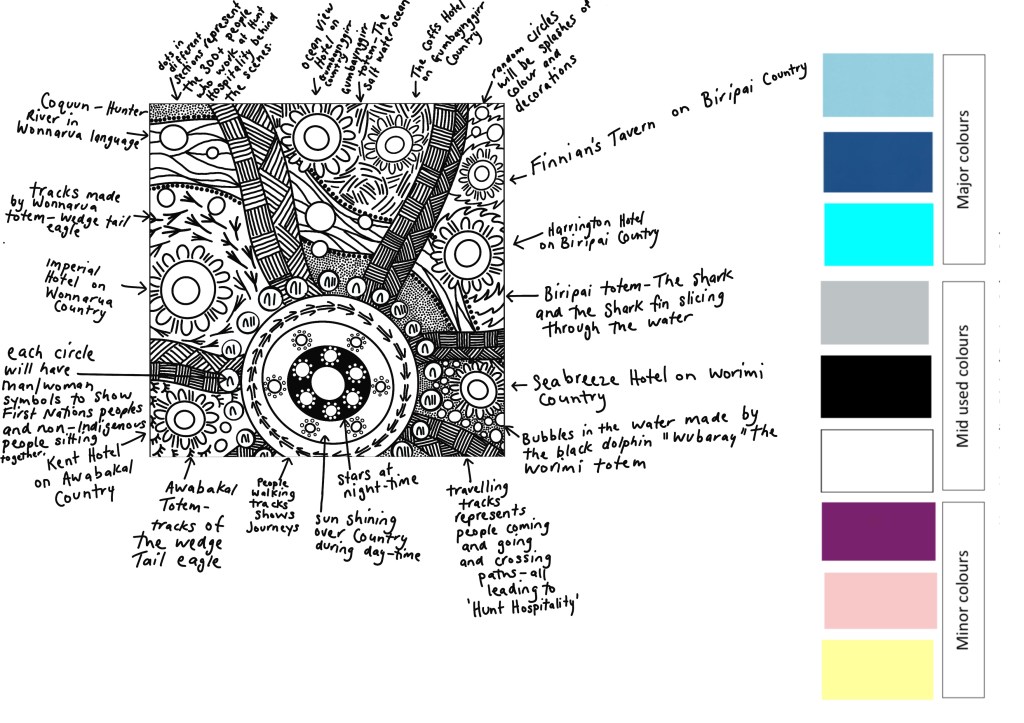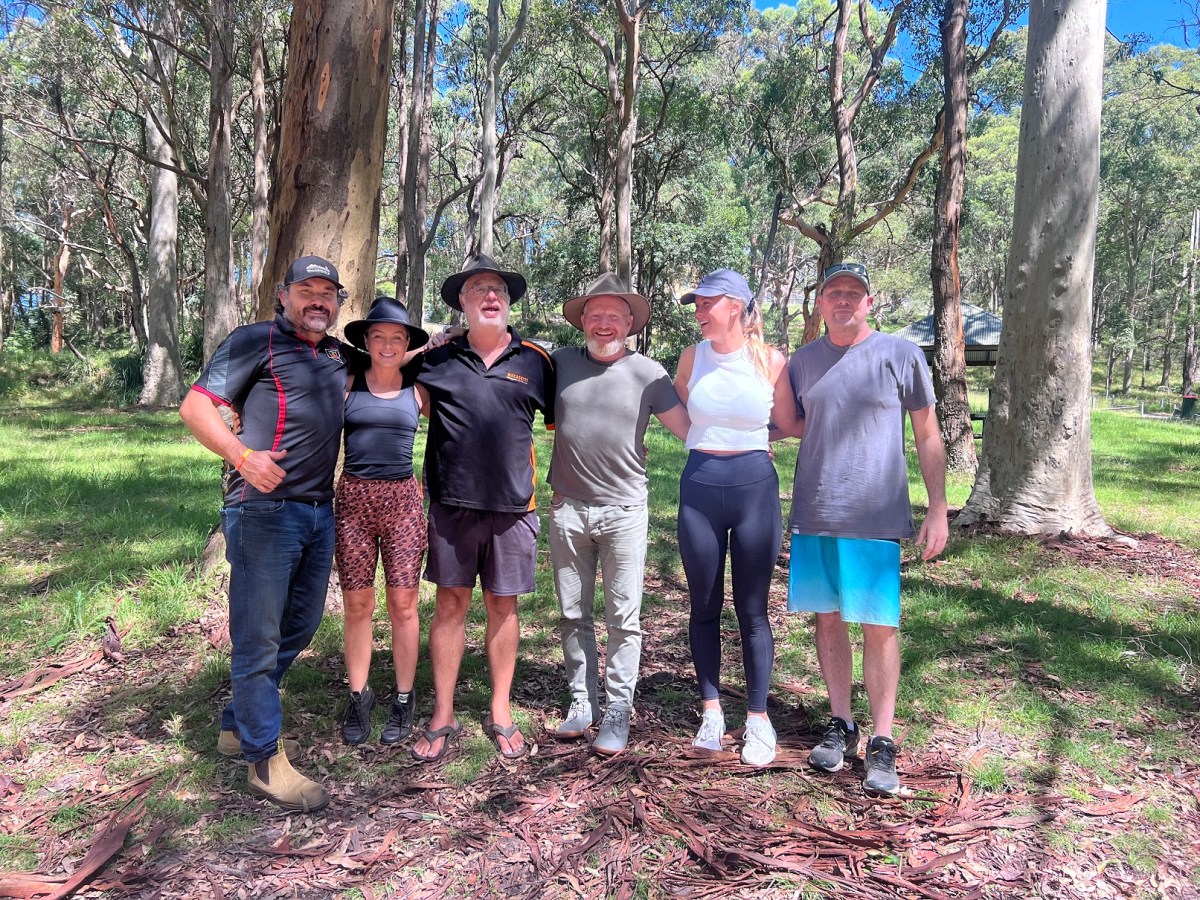In March of this year, northern NSW-based hospitality group Hunt Hospitality embarked on a journey to connect with local Indigenous communities as part of its Reconciliation Action Plan (RAP).
Cross-cultural connection has been important to managing director Stephen Hunt for a long time.
“I’ve played a lot of sport with Indigenous Australians for many years and worked with Indigenous people on our team. Getting to know the cultures just through that experience, it was always one of those things where you go, ‘I wonder why they’re doing it like that,’ trying to understand someone else’s ideals and how they’re thinking about doing certain things,” Hunt said.
Hunt emphasised that while the RAP is in the planning stages, it is important for himself and the Hunt Hospitality team to learn from Indigenous Elders and communities.
“Really, we just want to get more of an understanding and be educated by the right people about Indigenous cultures,” Hunt explained.
A pivotal experience was when local Elder Uncle Paul Gordon took Hunt and members of the executive team on a Country experience at Mount Sugarloaf, a significant cultural site for the Awabakal people in the lower Hunter region.
“The more we know about the culture and the history, we understand the perspectives. Developing our plan, we’re investing in our education and awareness for our teams,” Hunt added.
Local team leaders have been vital in conveying the knowledge learned from Elders and on Country to the staff at each venue.
“Our local team leaders in our team put it more into a work practice. It’s almost like explaining it in hospitality language,” Hunt noted.
One initiative that has come out of the RAP is commissioning an artwork from Maitland-based artist Nina Ross.
“She’s been working on an Indigenous artwork which connects all of our company values. Because our hotels range from Newcastle up to Coffs Harbour, and many different regions, I’m blown away by how she was actually able to tap in and connect our ethos with each region and the people of each region. We’re paying the respects to the original custodians of the land, but we’re actually just extending on that, growing our knowledge and then incorporating that into our business,” Hunt described.

Hunt Hospitality is also in the process of introducing local Indigenous ingredients to menus across the group’s portfolio of venues. It has been important to recognise the unique lands that the different Hunt Hospitality venues stand on.
“Each region has their own people and their own slightly different culture. We’re trying to incorporate it all. Each pub will have its own identity in relation to [the land], but then that links to the next pub in the next region, because we’ve got them spaced out strategically. Effectively, it comes across a whole lot of different cultures,” Hunt explained.
Hunt encourages other publicans and hospitality professionals to enact similar plans in their venues.
“I think it’s something that we owe the Indigenous peoples. […] That link to the people who were originally here gives us a greater understanding,” he said.
Hunt has said he is energised by the RAP process and has found it personally rewarding.
“I’ve been really excited about the process, continuing to learn and breaking down barriers.”
It is currently National NAIDOC Week, with celebrations held across Australia to celebrate and recognise the history, culture and achievements of Aboriginal and Torres Strait Islander peoples. NAIDOC Week is an opportunity for all Australians to learn about First Nations cultures and histories and participate in celebrations of the oldest, continuous living cultures on earth. Find out more about NAIDOC Week here.

